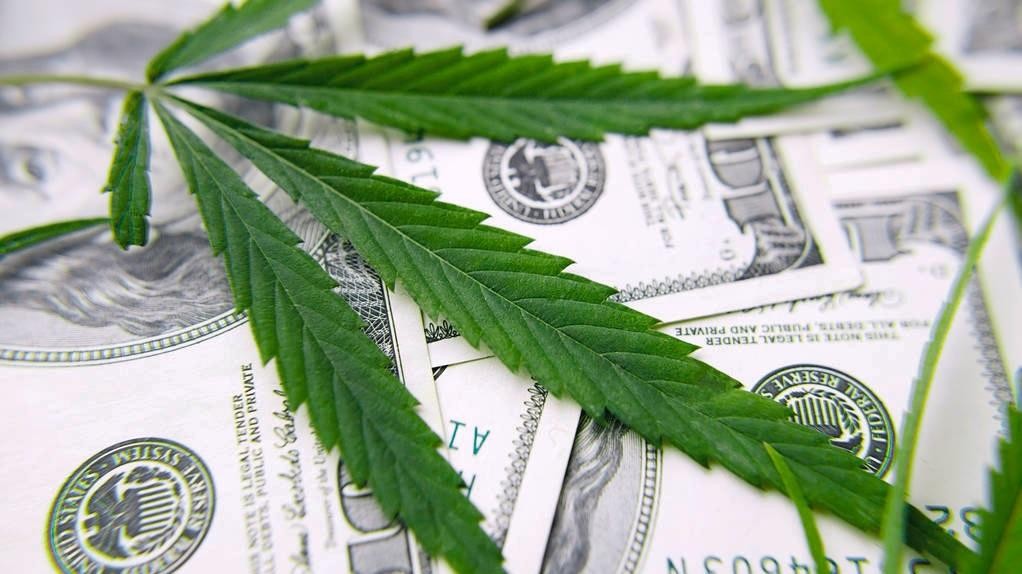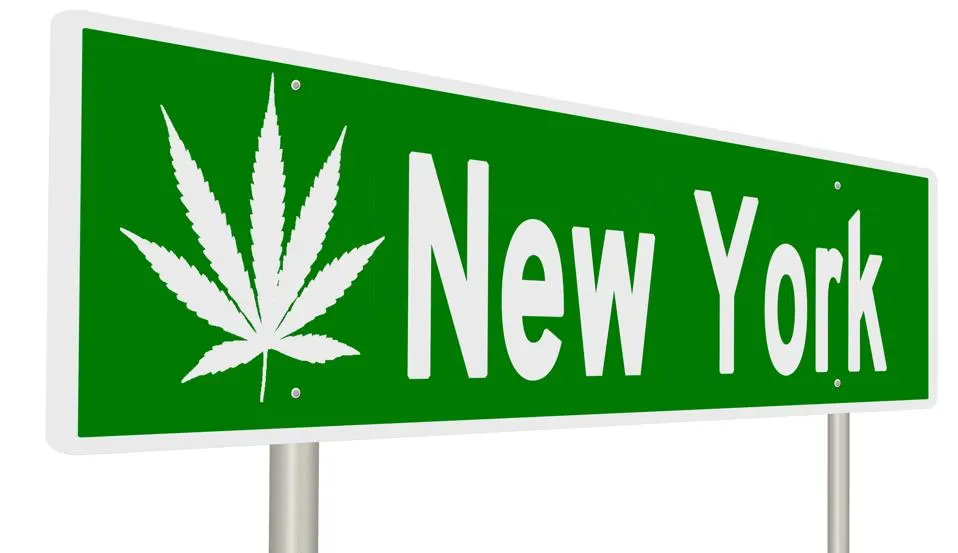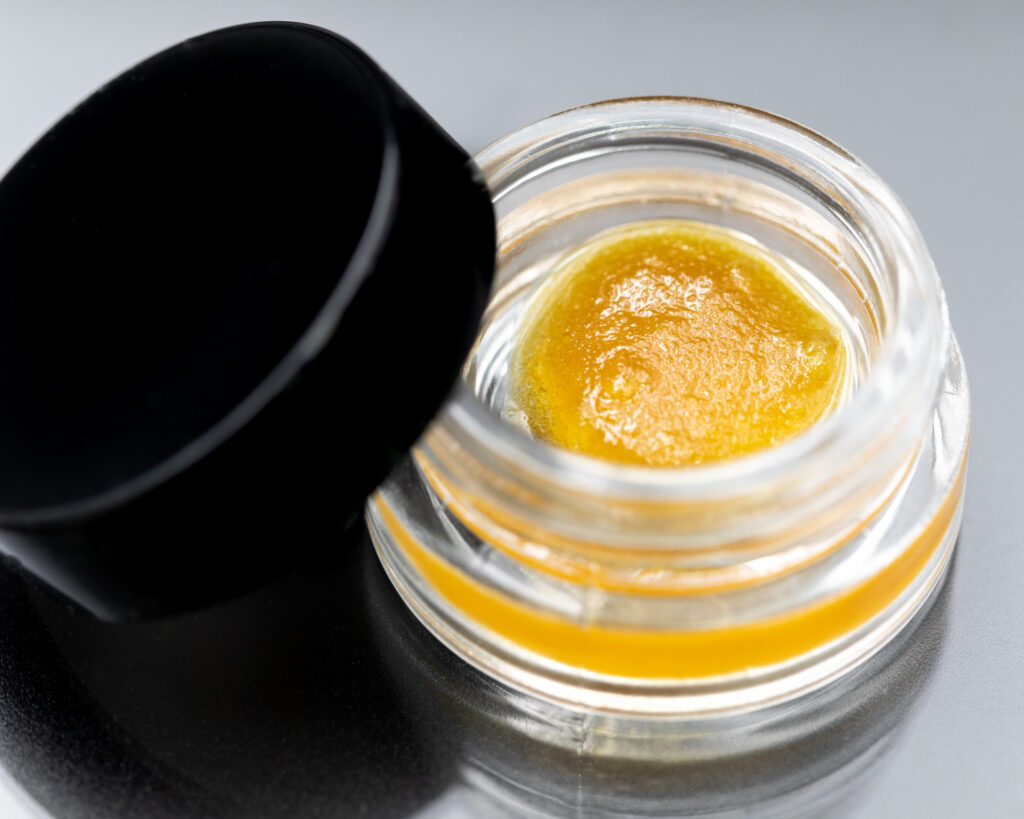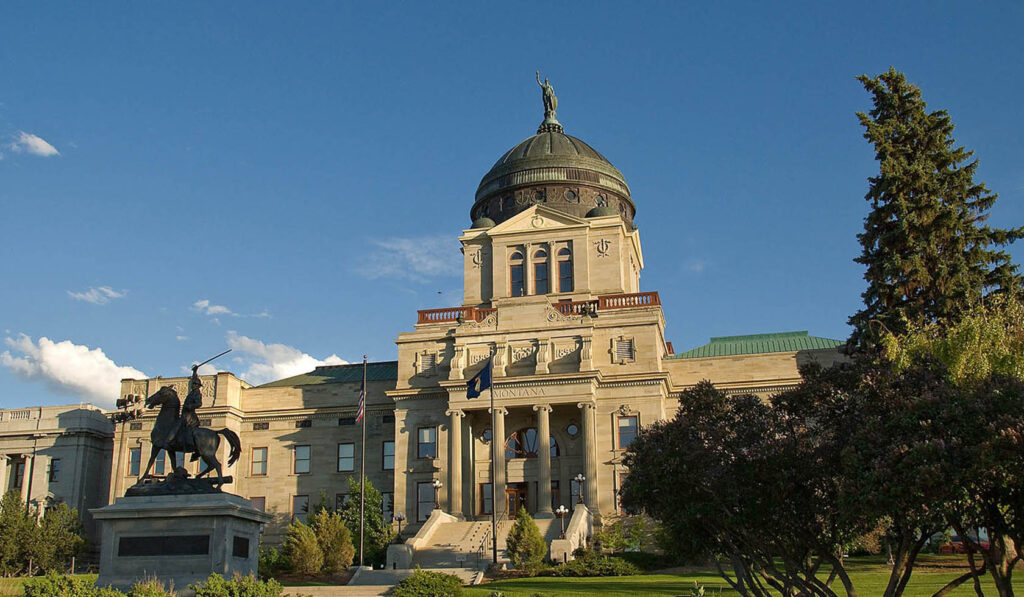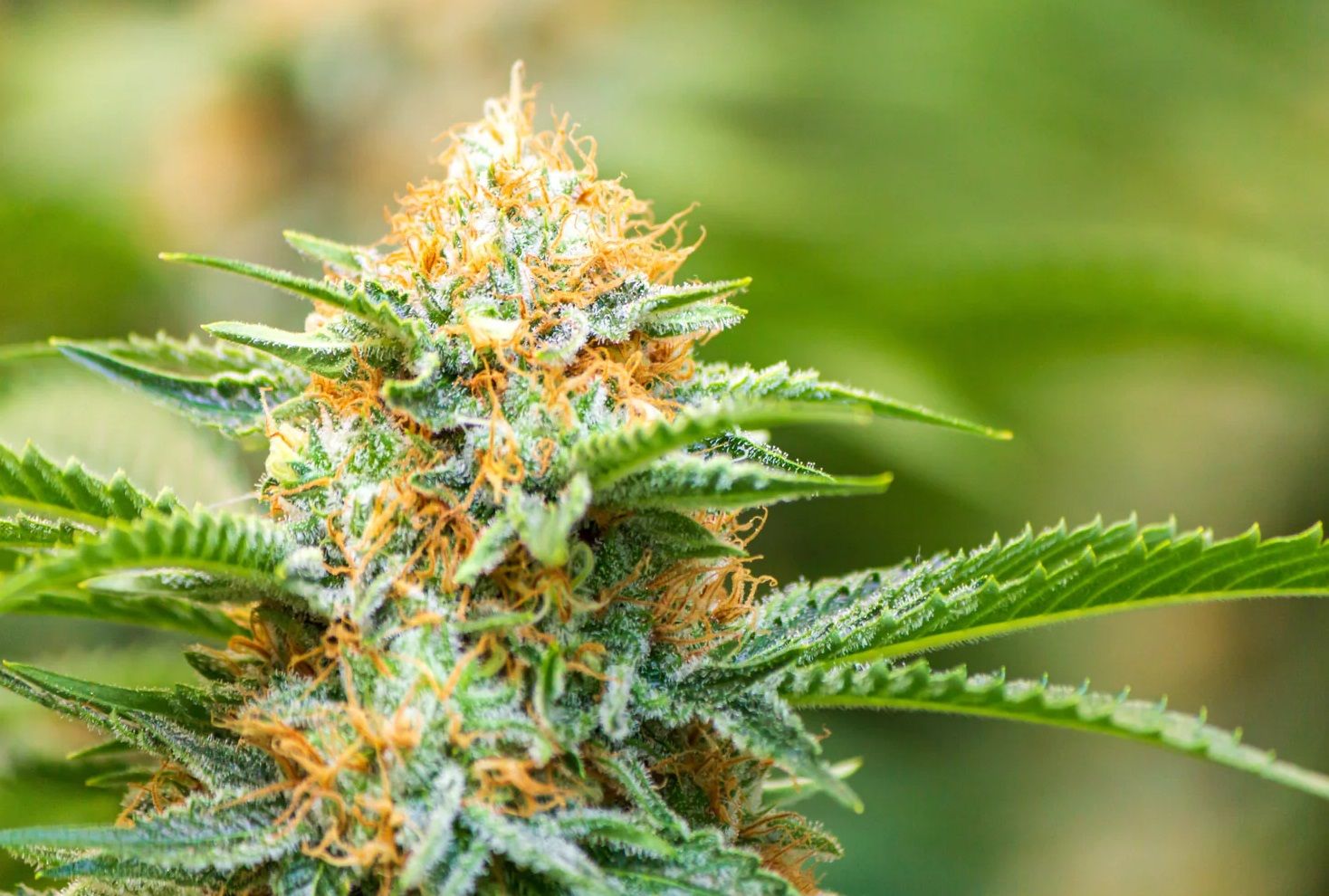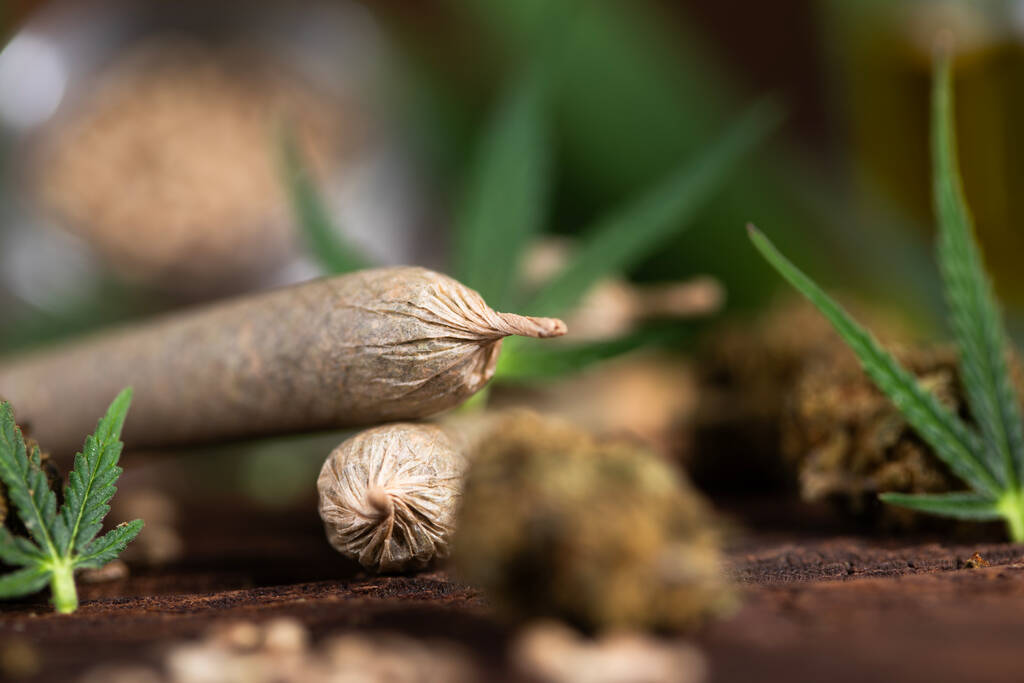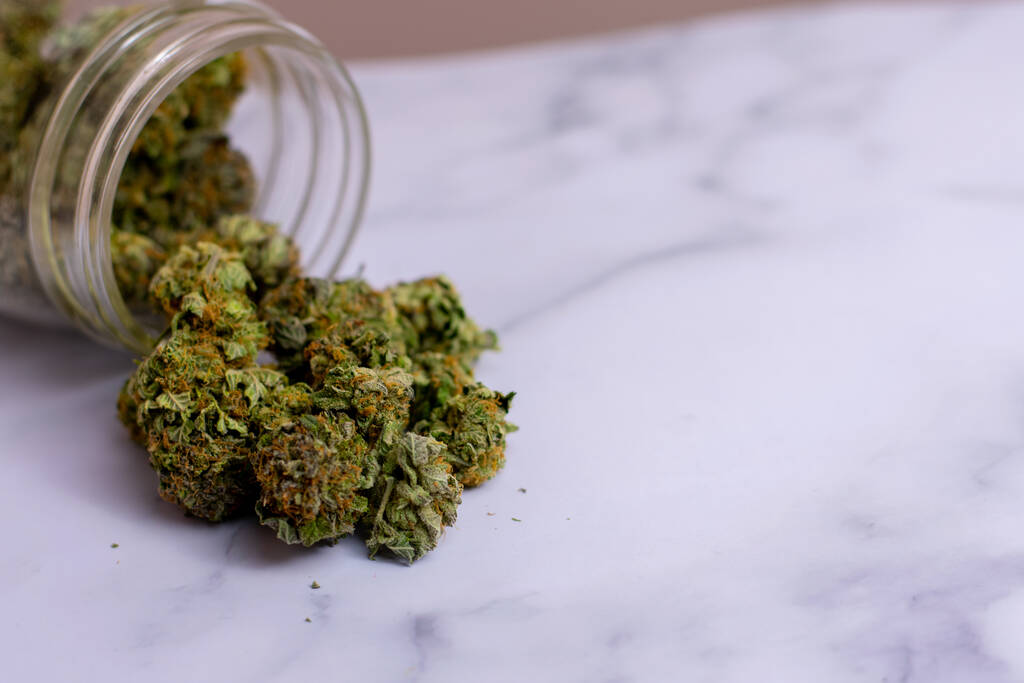According to data released this week by the Florida Department of Health (DOH), there is over 907,000 registered medical cannabis patients in the state.
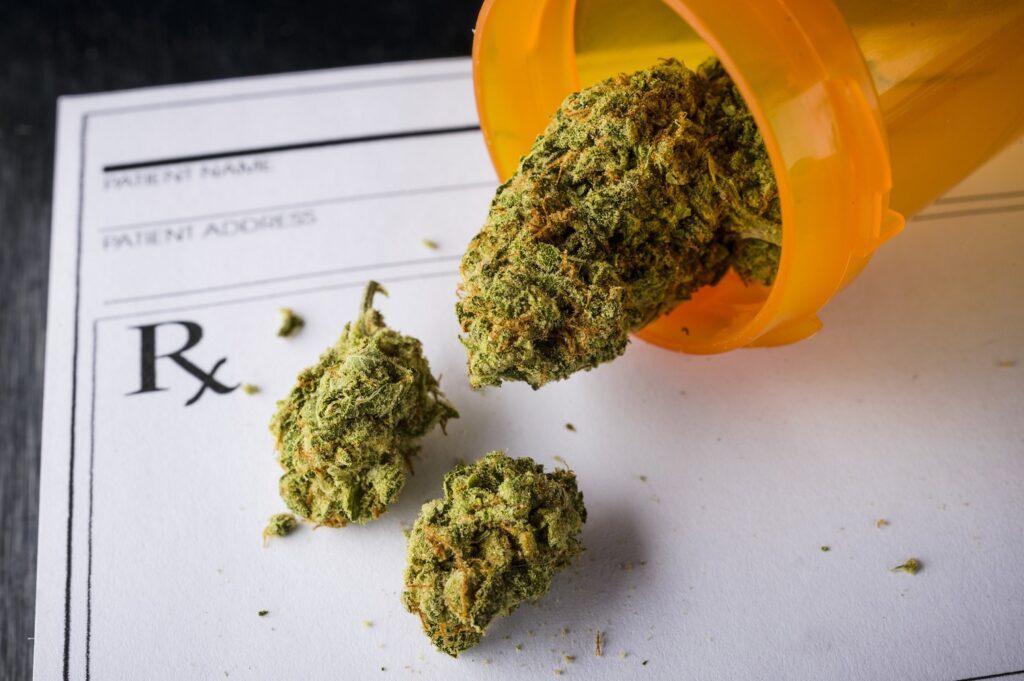
According to the DOH, there is 907,575 patients as of April 8. This marks an increase of 5,009 since March 10, and 7,025 since the beginning of the year. Since April 2024, the patient count is up 25,325.
The steady growth underscores Florida’s role as the largest medical-only marijuana markets in the country. Under the state’s law, patients with physician approval can access a range of marijuana products, including dried flower, from state-licensed dispensaries. Medical marijuana was legalized by voters in 2016.
Continue reading

